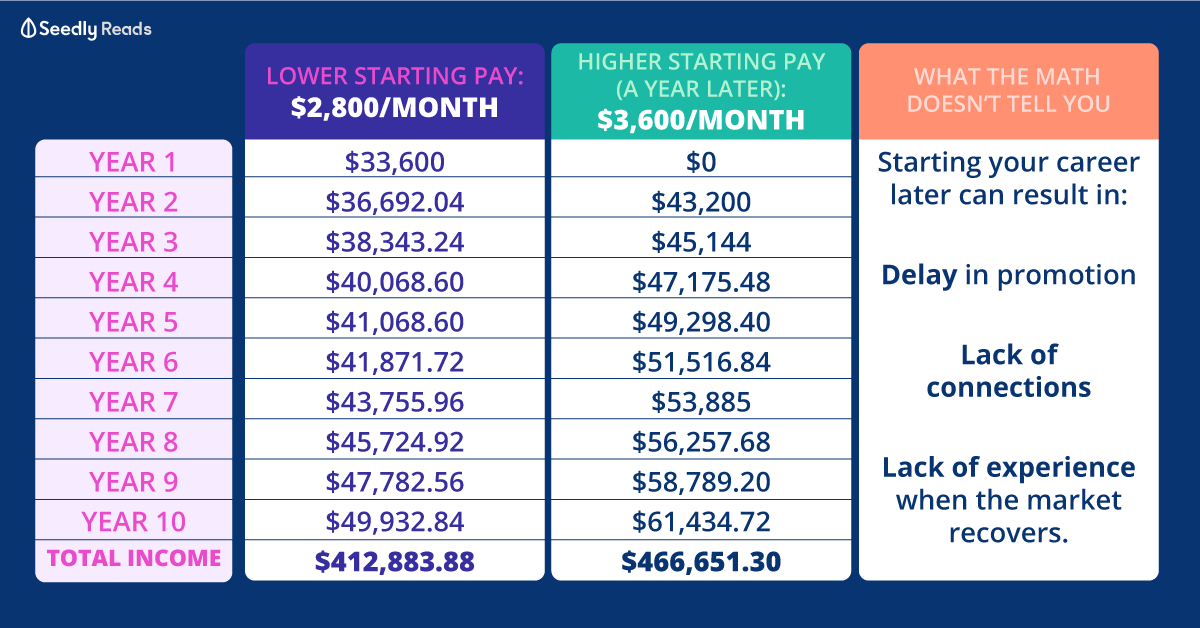Advertisement
Anonymous
I’ve just graduated and about to start my first job soon. What insurance plans should I consider (or should I even), given that the company already has insurance medical coverage for employees?
5
Discussion (5)
Learn how to style your text
Elijah Lee
27 Jun 2020
Senior Financial Services Manager at Phillip Securities (Jurong East)
Reply
Save
Hey there!
Hospitalization plans will be your first go-to to cover surgical and hospitalization, reason being that your hospital bill can be substantial. Do take note that for hospitalization plans (looking at the T&C), they are often payable by Medisave. Do ensure you attach a rider to your hospitalization plan. Your rider covers, what we call deductibles (ward-associated costs) and co-insurance (a 10% payment to be co-shared by the client). You will have to evaluate if you'll like hospital care in a private or restructured hospital. That will depend of course on your budget and your comfort preference.
Next, you will want to look at insuring yourself against Death, Total Permanent Disability (TPD) and Critical Illnesses (CI). Death and TPD can be easily insured either by a term plan (affordable, high coverage) or a Life plan (limited payment, lifetime coverage up till age 100). You will have to weigh out what is your budget and preference mode of payment.
CIs can be insured with multi-pay standalone CI plans. They are usually comprehensive and allow for multiple payout for relapses etc. They often cover special conditions too. Do purchase one, best before August due to a change in CI definitions that may affect your claim experience in the future.
The thing with company insurance is that it may not be fully comprehensive and it's pegged to your stint in the company. Meaning in the event a health condition strikes while you're unemployed, it may render you uninsurable after that while you will have to manage the liabilities associated with medical costs.
Financial planning is an integral part of life. You can reach me here to find out more.
Reply
Save
Pang Zhe Liang
26 Jun 2020
Lead of Research & Solutions at Havend Pte Ltd
Healthcare
As a start, the first priority should always be healthcare. The reason is simple - m...
Read 3 other comments with a Seedly account
You will also enjoy exclusive benefits and get access to members only features.
Sign up or login with an email here
Write your thoughts
Related Articles
Related Posts
Related Posts
Advertisement







Hi anon,
As you may change your job in future, and there is no guarantee that the coverage provided by your future employer may be as comprehensive as the one in your first job, you should always ensure that you have your own personal policy to cover yourself.
Furthermore, employer provided cover will cease when you retire and you may not be in the best of health to get a policy then. Thus you will need to ensure that you have your personal cover bought before any health conditions make it difficult to get coverage.
In order of importance, here is what you should be looking at:
Hospitalization plan. This covers any hospital bills and associated pre/post hospitalization costs. This would be from an integrated shield plan, with a rider to take care of the deductible/co-insurance. Depending on your budget, you can take a private hospital plan and downgrade later, or just go for Goverment A ward.
Critical Illness coverage. This provides a sum of money for you to cover your expenses and other out of pocket costs should you fall critically ill and are not able to work. Usually recommended to cover at least 5 years of expenses and an additional sum to cover out of pocket. This is usually via a limited payment life plan, or a term plan, depending on your budget/needs
Death coverage. This provides a lump sum of money should something happen to you. Not mandatory if you have no dependents or liabilities. Usually takes the form of a term plan. For the coverage amount, you could use a multiple such as 10 x of your current income, or calculate based on your current liabilities.
Personal Accident. For the minor stuff like TCM claims, etc.
Generally, you should not have to spend more than 10% of your income on coverage.
You can work with an independent financial advisor who can provide multiple options and explain in detail what you will need to know about the types of insurance as well as the options from various insurers before you come to a decision, especially with respect to cost effectiveness as well as the minor differences between the plans.
You will want to be comfortable to share your fiinancial details with your advisor as that will be important for the advisor to consider your current situation before suggesting suitable solutions.